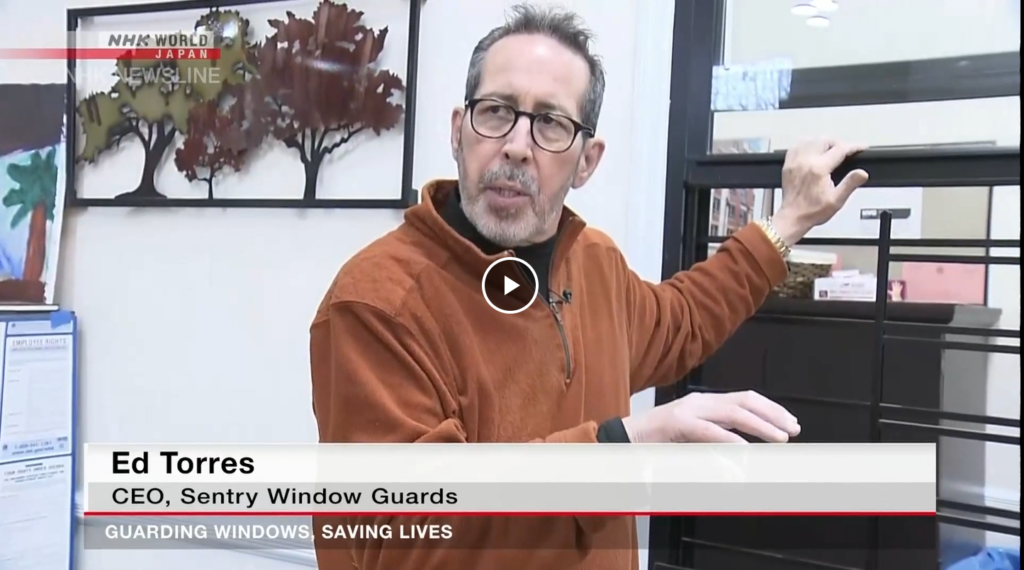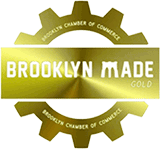Hey, just a heads up about the not-so-cool side of lead paint on window sills in New York. According to the U.S. Department of Health and Human Services, lead poisoning is a big deal, especially for kiddos – it’s actually the top environmental threat to their health.
What the Stats Say!
The stats say that around 4.4% of kids aged 1-5 have lead levels in their blood that go beyond what’s considered safe. Yikes! Most of these kids get exposed at home, and if you’re renting, controlling that exposure is a bit trickier. A lot of NYC apartments are on the older side. Even though they banned lead-based paint in 1960, those older buildings might still have layers of it.
A Little Bit of History and Some Tips!
Lead paint was the go-to for kitchen and bathroom walls, as well as doors, windows, and wooden trim. But here’s the thing – unless you’ve had your place tested, you won’t know if that old paint has lead in it. So, before moving in, ask your landlord if they’ve ever tested for lead. Consider bringing it up during the walk-through or rental application process. If they have, ask to see the results. Just a heads up, though, in New York State, landlords aren’t required to test for lead or let you do it before you move in.
If you’re wondering about lead paint poisoning symptoms, it usually happens when kids put stuff with lead in their mouths – like chewing on a window sill. The symptoms vary but can include abdominal pain, irritability, fatigue, and a bunch of other not-so-fun things.
DIY Lead-Safe Measures: Your Home, Your Rules!
If you’re a DIY enthusiast or just want to take extra precautions, there are simple steps you can take to make your space lead-safe. Regularly clean surfaces, especially those within reach of curious little hands, using lead-specific cleaning products. Additionally, consider applying a fresh layer of lead-free paint to window sills and areas prone to wear and tear. Remember, staying informed and proactive is key to creating a safe and healthy living environment for you and your loved ones in the city that never sleeps!
Oh, and if you’re in NYC and living in a building with three or more apartments, there’s this form you’re supposed to fill out every year by February 15. It’s a city law thing – click the link for more info. Stay safe out there!
» https://www.nyc.gov/site/doh/health/health-topics/lead-poisoning-parents-and-tenants.page
For more information regarding our window guard products and our experience and leadership in understanding NYC safety requirements, contact us today!
Sources:
https://ag.ny.gov/publications/preventing-lead-paint-poisoning
http://www.healthline.com/health/lead-poisoning#Symptoms4
http://www.nyc.gov/html/doh/html/home/home.shtml









